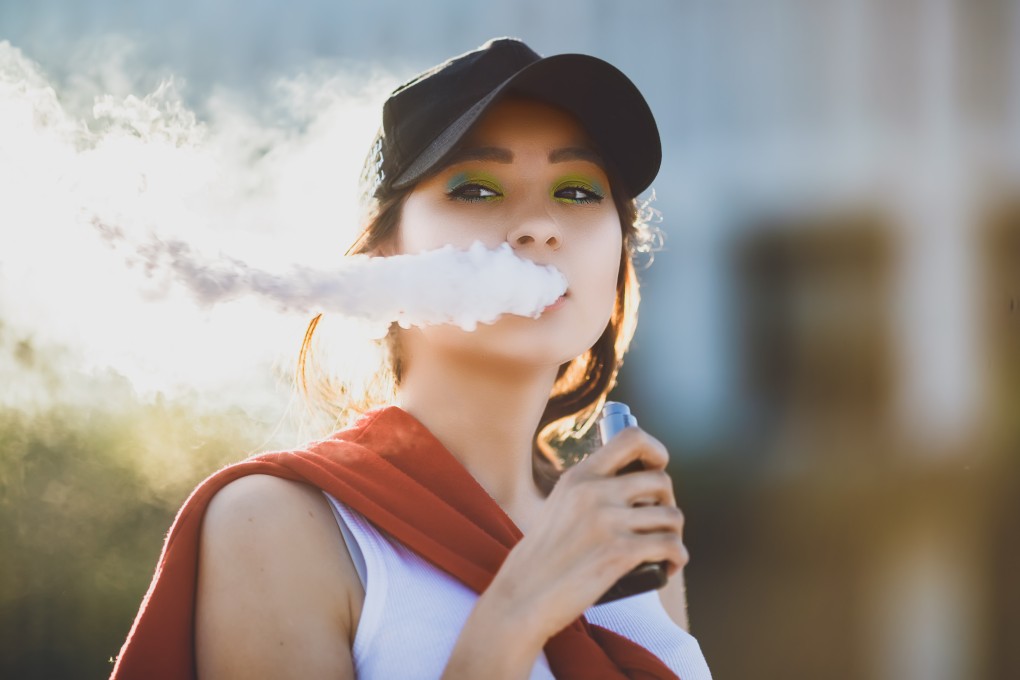Chinese e-cigarette giant gets tobacco production licence, gaining foothold in country’s vaping market
- Vaporesso, a wholly-owned subsidiary of Smoore, has obtained a production licence from China’s State Tobacco Monopoly Administration
- Less than 50 e-cigarette related companies, including retailers and manufacturers, have met new restrictions and received licences

A Shenzhen subsidiary of Smoore, the world’s biggest contract maker of vaping devices, has obtained a special tobacco production licence from Chinese authorities, gaining a foothold in the mainland market.
Vaporesso, a wholly-owned subsidiary of Smoore, has obtained a production licence from China’s State Tobacco Monopoly Administration (STMA), the country’s top regulator of tobacco products, which gives its products lawful status in the country, Hong Kong-listed Smoore said in a statement on Wednesday. The licence will be valid through July 2023.
Smoore is among the first batch of companies to comply with China’s tightened rules for the e-cigarette industry, which was not regulated as a traditional tobacco product until recently. In March, STMA published final guidelines for the industry, which require that manufactures comply with certain technical standards, including permitted ingredients and additives.
Licensed manufacturers must also trade with downstream wholesalers on a transaction platform overseen by STMA, according to the rules.
Less than 50 e-cigarette related companies, including retailers and manufacturers, have met the new restrictions and received licences from the authority so far, STMA’s website shows.
That compares with an estimated 1,500 companies involved in the industry, according to calculations by the Electronic Cigarette Industry Committee of the China Electronics Chamber of Commerce last year. However, more licences are expected to be issued in coming months as regulators work through a backlogue of applications.
Vaping can be a profitable business in China, with Smoore’s gross profit margin hitting 53.6 per cent in 2021, compared to 52.9 per cent in 2020 and 44 per cent in 2019, according to the comany’s financial statements.